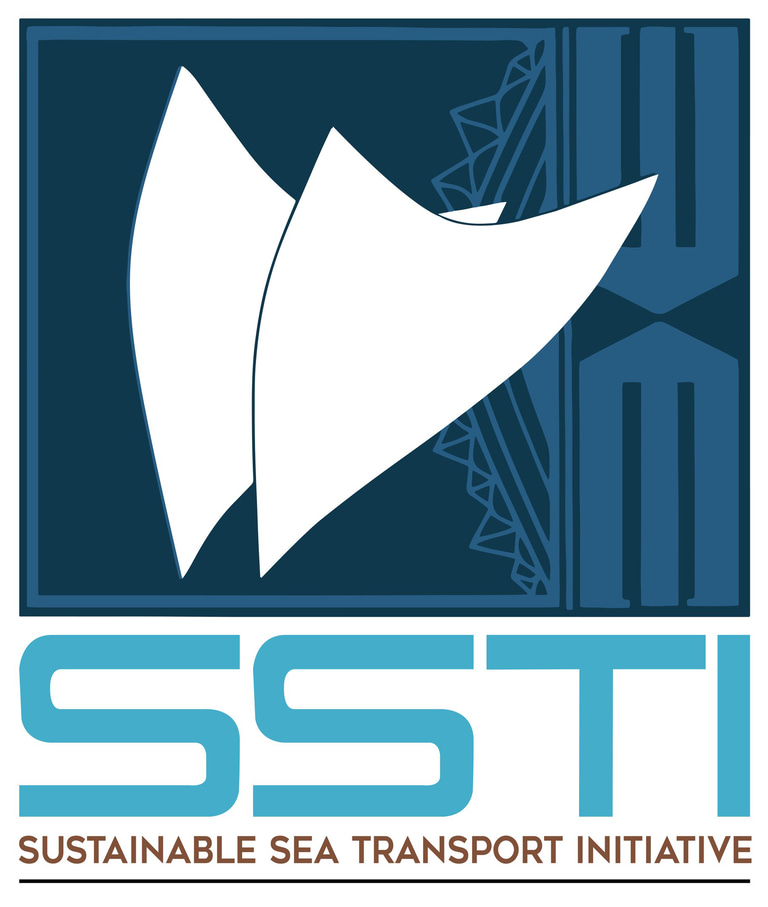The Serious Need for a Policy Overhaul to Create a More Sustainable Transition to Net Zero Emissions in the Pacific


As the effects of climate change become increasingly evident, there is a pressing need for countries around the world to transition to net zero emissions. This is particularly crucial for the Pacific region, which is highly vulnerable to the impacts of climate change, including rising sea levels, extreme weather events, and the loss of biodiversity.
The Pacific islands are already experiencing the devastating effects of climate change, with communities being displaced due to coastal erosion and the destruction of infrastructure. These challenges require urgent action to mitigate further damage and ensure the long-term sustainability of the region.
One of the key steps towards achieving net zero emissions in the Pacific is a comprehensive policy overhaul. It is this author's view that the most pressing priority is to remove the shackles of innovation. Current policies continued to funnel innovation in the maritime sector into a narrow tunnel down what seems like a single sniper's perspective on a desirable target out in the woods.
development and implementation of policies that prioritize renewable energy sources, energy efficiency, and sustainable practices across all sectors.
Renewable energy is a crucial component of reducing greenhouse gas emissions. The Pacific islands have abundant renewable energy resources, including solar, wind, and geothermal energy. By harnessing these resources, countries in the region can significantly reduce their reliance on fossil fuels and transition to clean and sustainable energy sources.
Furthermore, improving energy efficiency is essential in reducing emissions. This can be achieved through the adoption of energy-efficient technologies, building codes that promote energy conservation, and public awareness campaigns to encourage energy-saving practices. By implementing these measures, the Pacific islands can minimize energy waste and contribute to the overall goal of achieving net zero emissions.
In addition to energy-related policies, sustainable practices need to be integrated into all sectors, including transportation, agriculture, and waste management. This involves promoting sustainable transportation options such as electric vehicles and public transportation, adopting regenerative agricultural practices that reduce emissions and enhance soil health, and implementing waste management strategies that prioritize recycling and waste reduction.
However, policy changes alone are not sufficient. It is crucial to ensure that these policies are effectively implemented and enforced. This requires strong governance, capacity building, and collaboration between governments, civil society organizations, and the private sector. By working together, the Pacific islands can overcome the challenges of transitioning to net zero emissions and create a more sustainable future.
Furthermore, international support and financial assistance are crucial in facilitating this transition. Developed countries, as major contributors to greenhouse gas emissions, have a responsibility to provide financial resources and technological assistance to the Pacific islands. This support can help fund renewable energy projects, build capacity, and strengthen the resilience of vulnerable communities.
In conclusion, the Pacific islands face a serious need for a policy overhaul to create a more sustainable transition to net zero emissions. By prioritizing renewable energy, energy efficiency, and sustainable practices across all sectors, the region can mitigate the impacts of climate change and ensure a more sustainable future for its people. International support and collaboration are essential in achieving this goal and building a resilient and sustainable Pacific.

